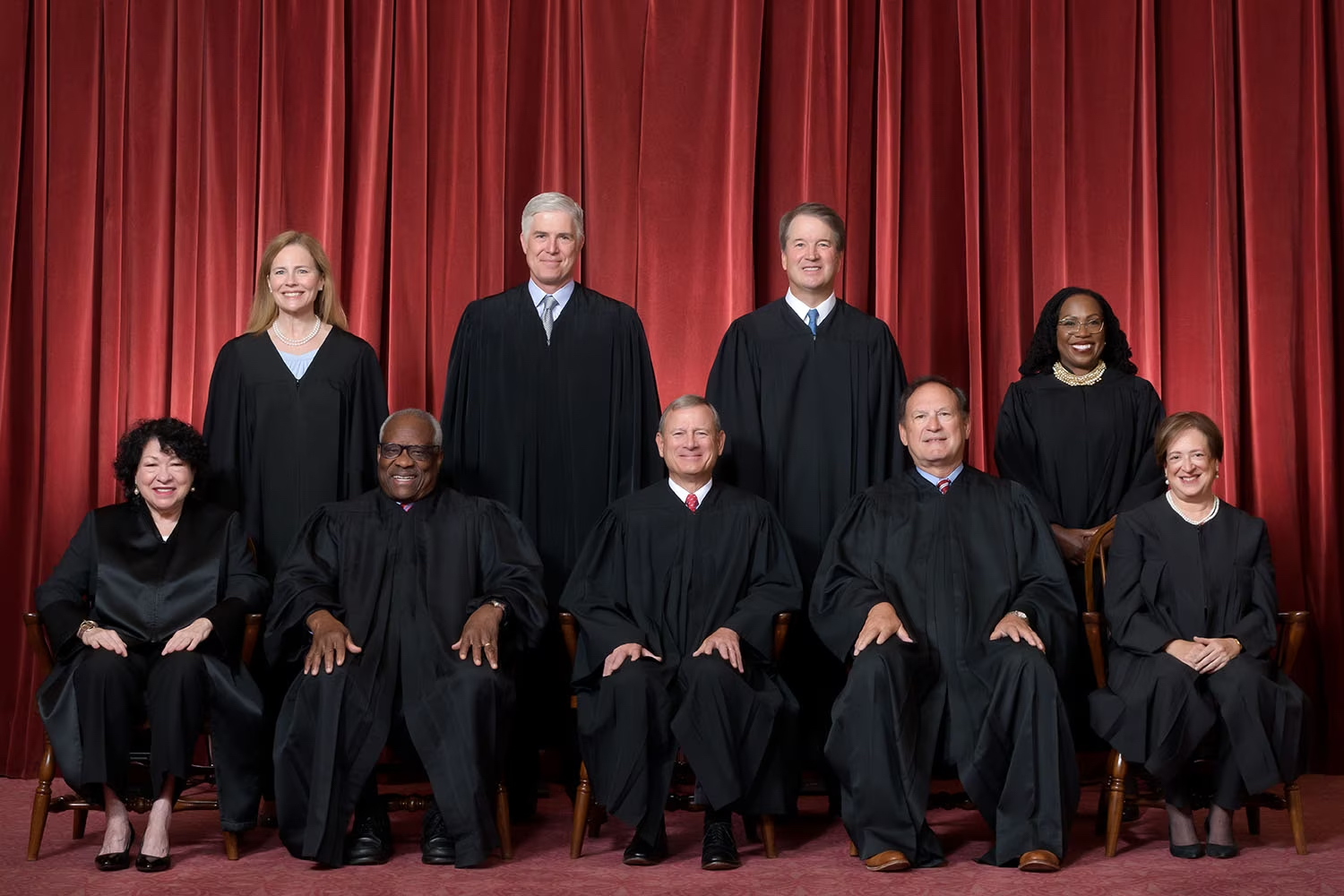A recent Supreme Court decision that substantially narrowed the Environmental Protection Agency’s authority to regulate millions of acres of wetlands is expected to open more land for development.
More than half of the nation’s wetlands could lose protection under the Clean Water Act, according to environmentalists and legal analysts. This concerns water quality advocates who fear the ruling will lead to degraded water supplies.
From a developer’s perspective, projects will have fewer regulatory hurdles to overcome, making them faster to move from conception to construction. This could make new housing developments more financially viable during a time of acute housing shortages in many areas of the U.S., they point out.
The case, Sackett v. Environmental Protection Agency, involved an Idaho couple who tried to build a house on property they’d purchased. The couple filled a soggy part of the property with sand and gravel to prepare for construction. The EPA ordered them to halt construction and return the property to its original state. The couple then sued the agency.
Related Stories
Codes and Standards | Apr 8, 2021
Sensors used in tunable lighting systems found to have high reliability
DOE study investigated items used to control lumen depreciation, chromaticity shifts, and changes in drivers.
Codes and Standards | Apr 7, 2021
Red tape ruined the U.K.’s home retrofit program
Lessons learned could help US avoid that fate.
Codes and Standards | Apr 6, 2021
Lendlease achieves net-zero carbon in Boston, Chicago multifamily portfolio
New projects in New York, Los Angeles on track to reach goal.
Codes and Standards | Apr 5, 2021
Specification for sliding door, lift and slide roller assemblies updated
Addresses market trend toward heavy sliding doors.
Codes and Standards | Apr 5, 2021
Construction employment rebounds in March following February drop
Rising costs, supply-chain woes, and cancellations threaten outlook.
Codes and Standards | Apr 2, 2021
Intl. Code Council’s new development system could be a brake on building decarbonization
Local governments lose influence on creating new energy efficiency rules.
Codes and Standards | Apr 1, 2021
Cuomo proposes strengthened NY building codes to boost efficiency
Would apply to appliance, equipment efficiency and reduce water use.
Codes and Standards | Mar 25, 2021
N.C.’s Outer Banks’ communities struggle for ways to keep the sea from overrunning them
Tax hikes for beach replenishment offer temporary solution.
Codes and Standards | Mar 24, 2021
Perkins&Will’s D.C. office pledges to eliminate embodied carbon in commercial interiors
Firm aims to reach goal on all designs by 2030.
Codes and Standards | Mar 23, 2021
The 15-minute city may not work in much of North America
Segregated neighborhoods and car-centric cities may not adapt to the European model.

















